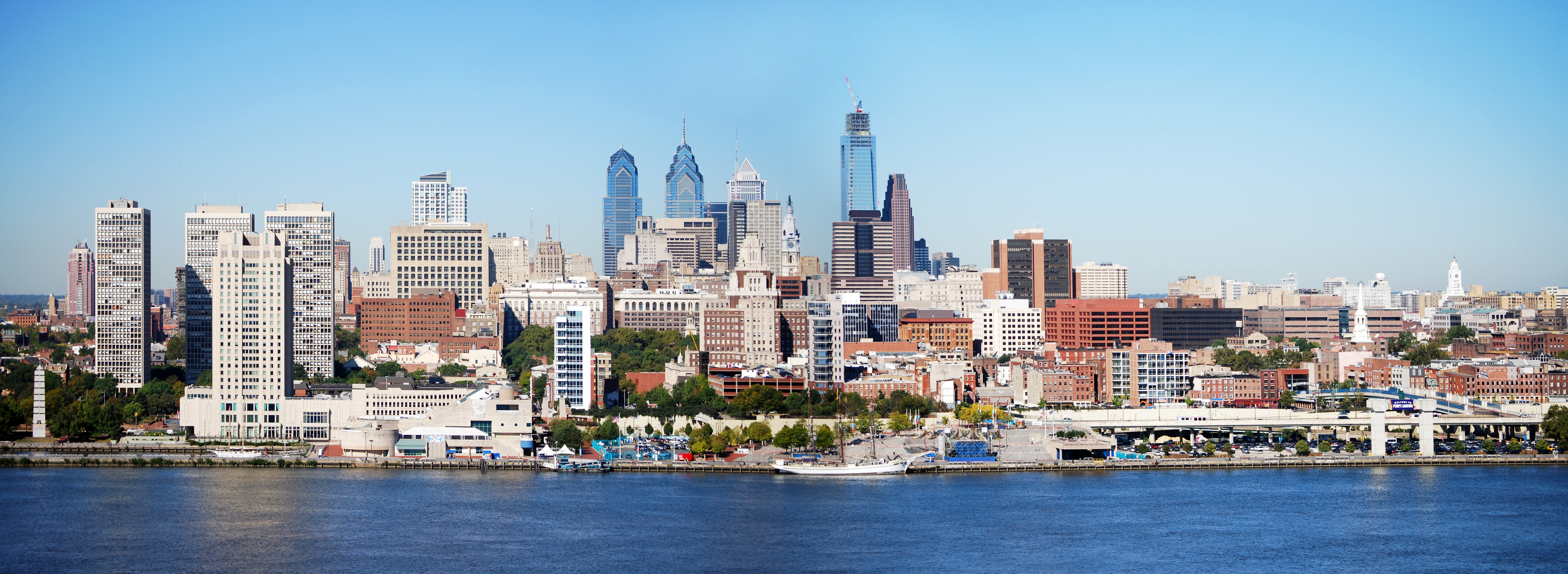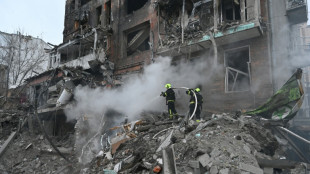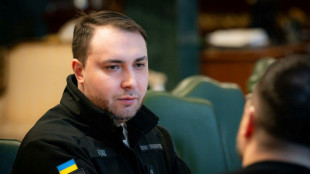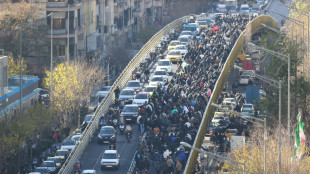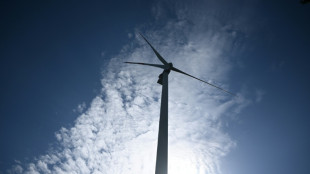Trump to meet new Syrian leader after offering sanctions relief
Donald Trump was set to become the first US president in 25 years to meet a Syrian leader on Wednesday after he offered sanctions relief in hopes of offering a new path to the war-battered country.
Trump, in Riyadh on the first state visit of his second term, will meet with Ahmed al-Sharaa, an erstwhile Islamist guerrilla turned interim president following the overthrow in December of strongman Bashar al-Assad.
No US president has met a Syrian leader since Bill Clinton saw Hafez al-Assad, Bashar's father, in Geneva in 2000 in a failed effort to persuade him to make peace with Israel.
Trump announced on Tuesday that he was lifting Assad-era sanctions on Syria in response to demands from Sharaa's allies in Turkey and Saudi Arabia -- in his latest step out of tune with US ally Israel.
"I will be ordering the cessation of sanctions against Syria in order to give them a chance at greatness," Trump said in a speech Tuesday to rapturous applause from a crowd including Saudi Arabia's de facto ruler, Crown Prince Mohammed bin Salman.
The "brutal and crippling" sanctions had a purpose at the time, Trump said, but now for Syrians "it's their time to shine".
Syrians met the news with joy and celebration, with dozens of men, women and children gathering in Damascus's Umayyad Square.
But Trump's announcement appeared to catch US officials by surprise, with the Treasury Department giving no immediate timeline on when sanctions would be lifted.
The United States imposed sweeping restrictions on financial transactions with Syria during the brutal civil war and made clear it would use sanctions to punish anyone involved in reconstruction so long as Assad remained in power without accountability for atrocities.
Trump gave no indication that the United States would remove Syria from its blacklist of state sponsors of terrorism -- a designation dating back to 1979 over support to Palestinian militants that severely impedes investment.
- Opening way for investment -
Other Western powers including the European Union have already moved to lift sanctions but the United States had earlier held firm on conditions.
A senior envoy of the Joe Biden administration met Sharaa in Damascus in December and called for commitments, including on the protection of minorities.
In recent weeks, Syria has seen a series of bloody attacks on minority groups, including Alawites -- the sect of the largely secular Assad family -- and the Druze.
Israel has kept up a bombing campaign against Syria both before and after the fall of Assad, with Israel pessimistic about change under Sharaa and hoping to degrade the military capacity of its longtime adversary.
Rabha Seif Allam of the Al-Ahram Center for Political and Strategic Studies in Cairo said that the easing of US sanctions would allow Syria to reintegrate with the global economy, including by allowing bank transfers from investors and some of the millions of Syrians who fled during the civil war.
"Lifting sanctions will give Syria a real opportunity to receive the funding needed to revive the economy, impose central state authority and launch reconstruction projects with clear Gulf support," she said.
- Qatar plane controversy -
Trump will also attend a meeting in Riyadh of the Gulf Arab states before flying on to Qatar.
The stop comes after controversy over Qatar's offer to Trump of a $400 million luxury airplane to serve as a new Air Force One and then go to his personal use.
The move raises major constitutional and ethical questions -- as well as security concerns about a foreign power donating the ultra-sensitive presidential jet.
Chuck Schumer, the top Democrat in the Senate, on Tuesday vowed to hold up all Justice Department political appointees in protest over the move.
Qatar has been a key intermediary with Hamas, helping Washington negotiate directly the release this week from Gaza of joint US-Israeli national Edan Alexander.
Qatar, alongside Egypt and the United States, hammered out a ceasefire between Israel and Hamas in Gaza that came into effect on January 19 -- a day before Trump's inauguration.
Israel has ended the ceasefire and vowed a new offensive to finish Hamas. It has blocked all aid from entering Gaza for more than two months, prompting warnings of impending famine.
C.Clark--PI
